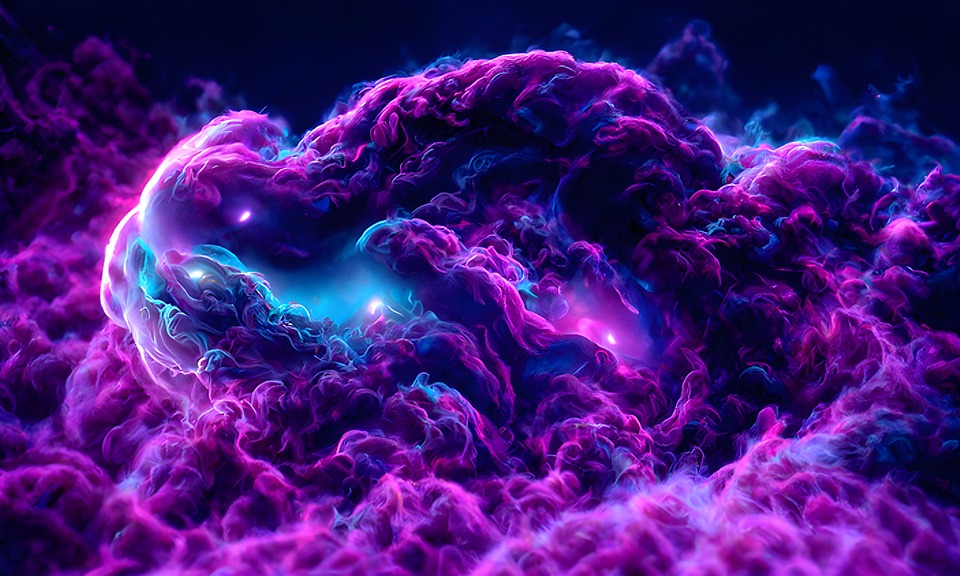
Deep learning frameworks have revolutionized the way machines learn and process information, enabling them to perform complex tasks with unprecedented accuracy and speed. These frameworks are essential tools in the field of artificial intelligence, allowing developers to build and train deep neural networks for a wide range of applications, from image and speech recognition to natural language processing and autonomous driving.
There are several deep learning frameworks available today, each with its own unique features and capabilities. In this article, we will take a deep dive into some of the most popular deep learning frameworks and explore their strengths and weaknesses.
TensorFlow: Developed by Google Brain, TensorFlow is one of the most widely used deep learning frameworks in the world. It offers a flexible and scalable platform for building and training deep neural networks, with support for both CPU and GPU acceleration. TensorFlow is known for its high performance and extensive library of pre-built models, making it a popular choice among researchers and developers.
PyTorch: Developed by Facebook’s AI Research lab, PyTorch is another popular deep learning framework that has gained a large following in recent years. PyTorch offers a dynamic computational graph that allows for easy debugging and experimentation, making it a favorite among researchers and academics. PyTorch also has a strong community of developers who contribute to its growing ecosystem of libraries and tools.
Keras: Keras is a high-level neural networks API written in Python that can run on top of TensorFlow, Theano, or CNTK. Keras is known for its user-friendly interface and simplicity, making it a great choice for beginners and those looking to quickly prototype deep learning models. Keras also supports both convolutional and recurrent neural networks, making it a versatile framework for a wide range of applications.
Caffe: Developed by the Berkeley Vision and Learning Center, Caffe is a deep learning framework optimized for image recognition tasks. Caffe is known for its speed and efficiency, making it a popular choice for applications where real-time processing is required. Caffe also has a large community of developers who contribute to its growing library of pre-trained models and tools.
MXNet: Developed by Apache Software Foundation, MXNet is a flexible and efficient deep learning framework that supports both symbolic and imperative programming paradigms. MXNet is known for its scalability and performance, with support for distributed training across multiple GPUs and servers. MXNet also has a rich ecosystem of libraries and tools, making it a powerful choice for building and deploying deep learning models in production.
In conclusion, deep learning frameworks have revolutionized the field of artificial intelligence, enabling developers to build and train deep neural networks for a wide range of applications. Each framework has its own unique features and capabilities, so it’s important to choose the one that best suits your needs and expertise. Whether you’re a researcher, developer, or hobbyist, there’s a deep learning framework out there for you to explore and experiment with.





